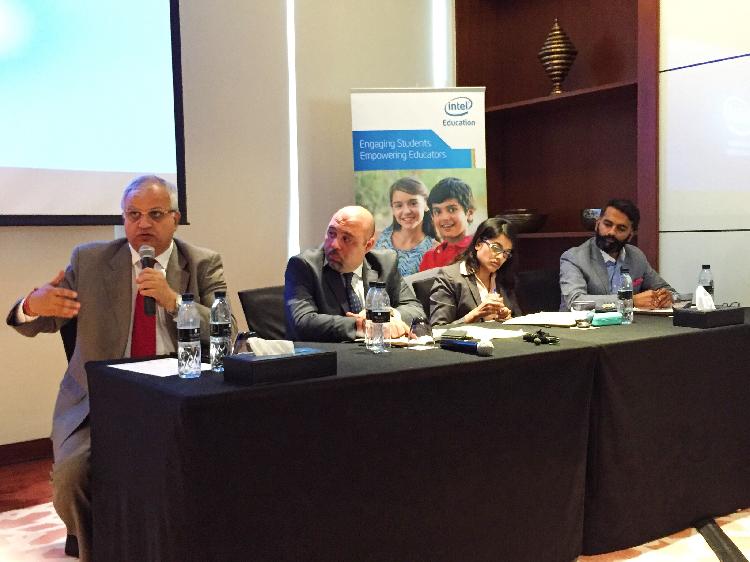
GCC Education Sector Spearheads Adoption of Advanced Technology to Enhance Learning Experiences
A region wide IDC survey commissioned by Intel has found that educational institutions in the GCC have deployed complex learning systems as well as hardware, and are on track to embrace trends such as the Maker Movement, in a bid to enrich student learning experiences.
The Maker program focuses on creating hands-on collaborative learning experiences for students. It includes a new generation of electronic kits and/or raw materials, which when coupled with real-time 3D printing and designing, will allow students to create intelligent objects such as drones and robots. The survey, titled 'Analysis of the influence of IT on the GCC Education Sector', found that the starter kits currently being used across the GCC are from Arduino and Rasberry Pi.
The Ministry of Education in each of the countries covered by the survey was found to have played a key role in driving ICT deployments. Qatar and Kuwait received the most directives from the government, and of the institutions that received directives, 80 to 85% have invested in hardware and software.
"Education is very obviously a focus for countries across the GCC, and it's encouraging to see just how far the sector has come in a short time frame. Educational institutions are now gearing up for the Maker Movement, in order to enhance the delivery of hands-on collaborative learning to students," said Andy Nehme, Commercial Business Director, Intel, MENA. "In the near future, we fully expect the region's education sector to be the most advanced vertical in the region, and this will pay dividends in the future."
For the 2015 academic year, IT spending was found to range between US $20,000 annually to $1.7-million. The average IT budget in the education sector in all of the surveyed countries was higher in 2015 compared to 2014, with Qatar registering the greatest increase (in excess of 50%).
Quality education will continue to be a focus for institutions and countries across the GCC, driven by a growing population base, rising income, greater demands being placed on the education sector, and support from regional governments.
"Institutions will begin taking advantage of Third platform technologies including Cloud, Social media, mobility, as well as Big Data/Analytics," said Andy Nehme, Commercial Business Director, Intel, MENA. "The adoption of wearables is also on the table, and we even expect that schools and universities will move from virtual content creation to real-time 3D printing and designing."



























